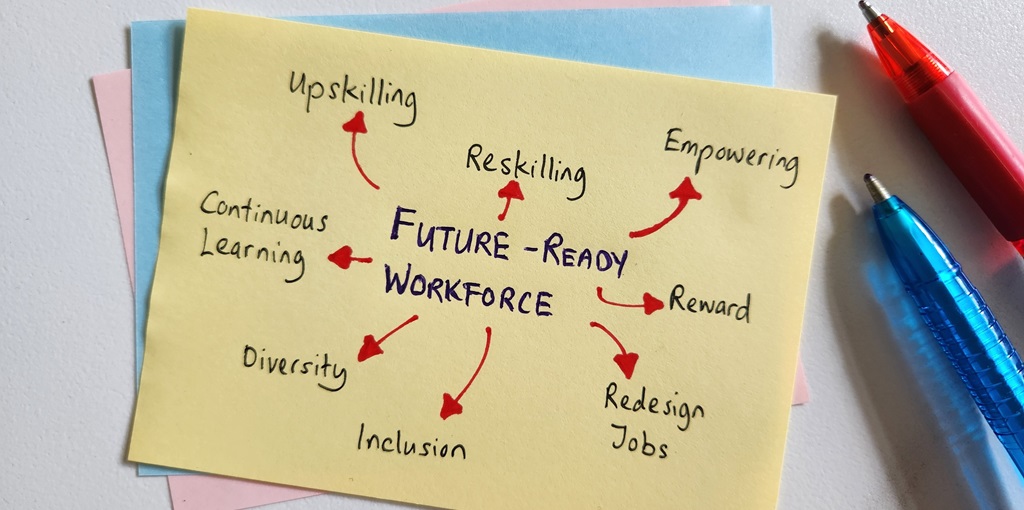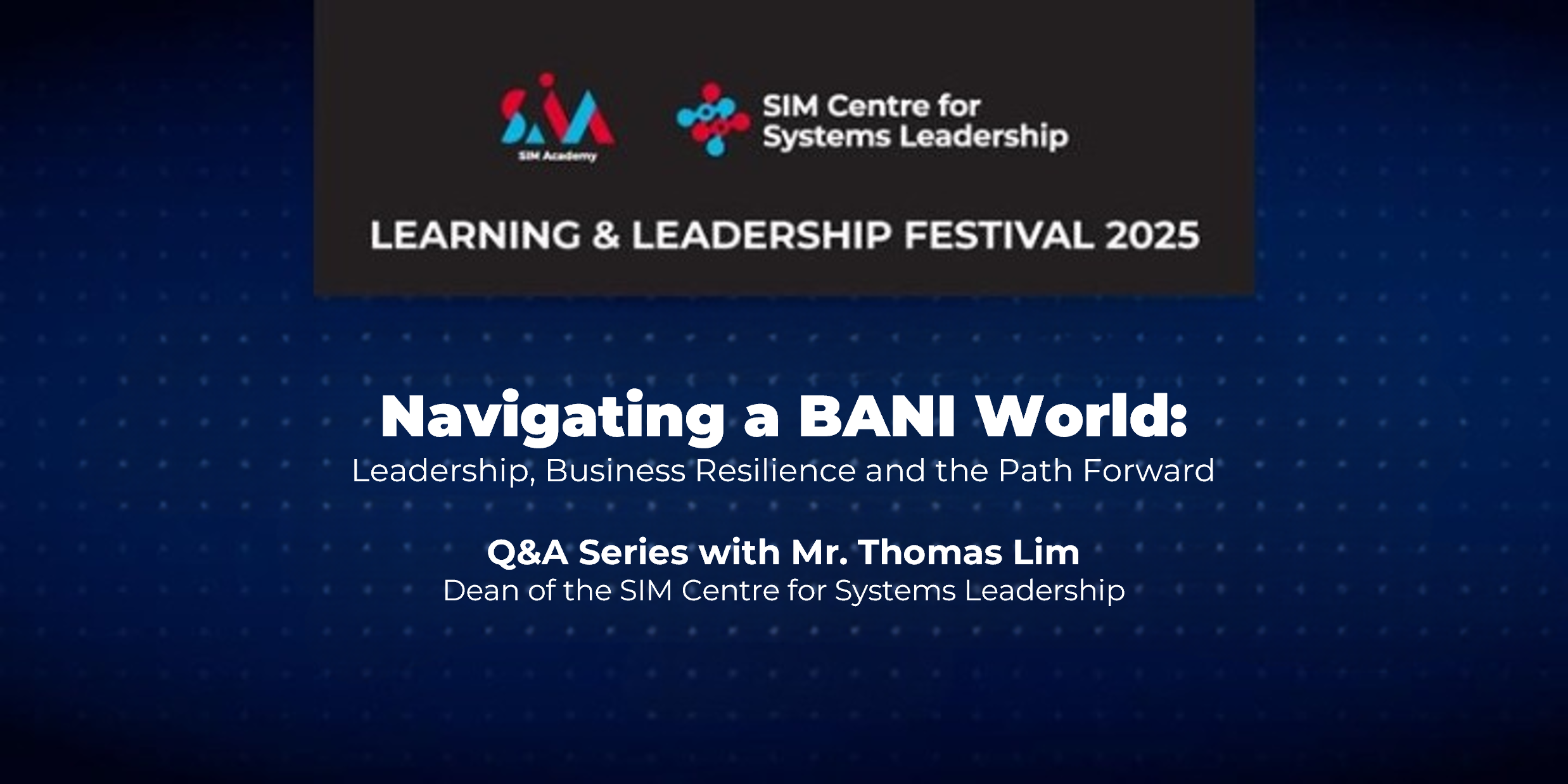The ability to inspire confidence and influence others has become a critical differentiator for leaders in today’s complex business environment.
In his influential book 12 Rules for Life, Jordan Peterson’s first rule advises: “Stand up straight with your shoulders back.” This seemingly simple directive carries profound implications for how we show up as leaders. Just as good posture signals confidence, executive presence telegraphs competence and charisma in professional spaces. In contrast, a weak executive presence will hold you back in your career progression as it sends out wrong signals which impacts the way others see and perceive you.
The lobster that stands tall in Peterson’s analogy gains territory and respect, much like the executive who enters a room with confidence and poise. But executive presence extends far beyond mere posture – it encompasses communication styles and leadership qualities that signal your readiness to lead.
Elements of Executive Presence
Executive presence can be understood as “the ability to inspire confidence and effectively influence others through a blend of leadership qualities”. It is that intangible trait that makes people listen when you speak and trust your judgement when decisions must be made.
The most impactful leaders demonstrate several key qualities that form the foundation of executive presence. For starters, they possess core elements like gravitas and good communication skills that allow them to convey ideas with conviction and clarity.
They also exhibit adaptability and self-awareness, understanding their impact on others and adjusting their approach to different situations without compromising their core principles.
Most importantly, they practise inclusiveness while maintaining authenticity, creating space for diverse perspectives while remaining true to their own values.
Using Emotions as Data Indicators
Emotions aren’t obstacles to be overcome – they are valuable data points that inform better leadership, said Ms Geraldine Kan, Senior Director of Strategic Communications at NCS Group, at the recent SIM Academy L&D Breakfast Briefing on Executive Presence. Effective leaders use emotions as critical information sources that guide more thoughtful decisions and interactions.
For instance, if you feel jittery before a presentation, Ms Kan advises using that anxiety as a cue to prepare more thoroughly, jotting down your key message and rehearsing answers for the questions that you anticipate.
Self-awareness forms the foundation of emotional intelligence in leadership. Before any important interaction, take time to check in with yourself. Consider what emotions you are bringing to the situation and what might be triggering these feelings.
Social awareness complements this self-knowledge. Reading the room isn’t just a phrase – it’s a crucial leadership skill that sets exceptional leaders apart. Anticipate how others might react to your message based on their perspectives and be prepared to adapt your approach based on what you observe during the interaction, remaining flexible rather than rigidly adhering to a script.
This dual awareness of your own emotional state and others’ creates the foundation for emotionally intelligent leadership that resonates with those you lead and influence.
Moving from Theory to Practice
Emotions aren’t obstacles to be overcome – they are valuable data points that inform better leadership, said Ms Geraldine Kan, Senior Director of Strategic Communications at NCS Group, at the recent SIM Academy L&D Breakfast Briefing on Executive Presence. Effective leaders use emotions as critical information sources that guide more thoughtful decisions and interactions.
For instance, if you feel jittery before a presentation, Ms Kan advises using that anxiety as a cue to prepare more thoroughly, jotting down your key message and rehearsing answers for the questions that you anticipate.
Self-awareness forms the foundation of emotional intelligence in leadership. Before any important interaction, take time to check in with yourself. Consider what emotions you are bringing to the situation and what might be triggering these feelings.
Social awareness complements this self-knowledge. Reading the room isn’t just a phrase – it’s a crucial leadership skill that sets exceptional leaders apart. Anticipate how others might react to your message based on their perspectives and be prepared to adapt your approach based on what you observe during the interaction, remaining flexible rather than rigidly adhering to a script.
This dual awareness of your own emotional state and others’ creates the foundation for emotionally intelligent leadership that resonates with those you lead and influence.
The Authenticity Imperative
Perhaps the most crucial element of executive presence is authenticity. In a business landscape saturated with carefully curated personas, genuine leadership stands out. Rather than mimic others or adopt an artificial “leadership personality”, you should strive to bring your true self to your leadership role. This authenticity creates trust, which is the foundation of influence.
At the core of your presence lie your values – foundational principles that shape every aspect of how you show up as a leader. As your leadership compass, values create the framework through which options are evaluated and decisions are made, often determining which factors you prioritise when faced with competing considerations.
It’s important to recognise that values themselves aren’t inherently positive or negative – their impact depends on how we embody them. When your external behaviours align with your internal values, people will view your presence as genuine and trustworthy. Therefore, the key lies in conscious awareness of your values and choices about how to express them.
Finding Your Voice
Most of us don’t know how we sound, yet our voice forms a big part of our professional impression, said Mr Lim Kim Pong, CEO and founder of corporate training firm StrengthsAsia. Your vocal quality – its pitch, pace, volume, and tone – can either reinforce or undermine your message, regardless of its content.
When exploring what makes people feel powerless at work, Mr Lim found consistent themes of not being heard, not being understood, being ignored, and lacking clarity about why decisions are made. For example, having an idea quickly dismissed in a team meeting without genuine consideration, reinforcing a sense that one’s perspective is undervalued. Each of these power-diminishing experiences relates directly to voice and communication.
Recording yourself during presentations can provide valuable insights into your vocal patterns, and you may discover habits you weren’t aware of. For example, speaking too quickly or dropping volume at the end of sentences are tendencies which diminish impact.
Progress, Not Perfection
Developing executive presence is a continuous journey of improvement, not a destination.
As you cultivate your executive presence, remember Peterson’s lobster, standing tall with shoulders back. But also remember that true presence comes not just from how you stand, but from the qualities you bring to every interaction. In a world hungry for genuine leadership, an authentic executive presence is your most powerful professional asset.
SIM Academy, in partnership with Ms. Geraldine Kan, co-created the one-day programme titled ‘Executive Presence: Leadership with Authenticity and Impact.’ To learn more about the programme, click here.







